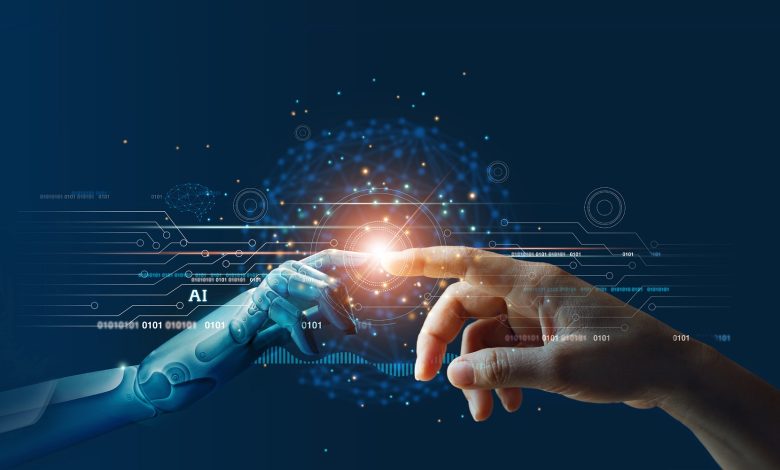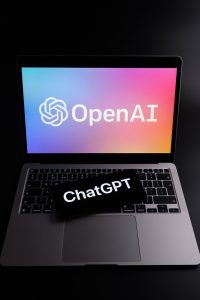
AI: What it means and what hoteliers are asking about this technology
With such incredible advancements in the application of AI it is no surprise that hospitality businesses are keen to embrace this technology
Not just another buzzword, Artificial Intelligence is transforming customer experience and streamlining operations in the hospitality industry.
What is artificial intelligence?
Essentially, AI refers to computers or machines carrying out tasks that were traditionally thought to require cognitive function to carry out. Today, the collection of customer data, combined with the improvements to computer technology, means that AI can be utilised for a huge range of functions, from basic customer service to personalisation tasks, and more advanced problem-solving.
In fact, if you have been keeping up with news ChatGPT by OpenAI has even led tech giant Google which thrives on AI to supposedly issue a code red to its staff. ChatGPT reportedly has incredibly human-like communication skills and is even able to write stories, and social media posts, write code, etc.
With such incredible advancements in the application of AI, it is no surprise that businesses, hospitality included, are embracing this technology at such a pace.
Our latest AccomNews print issue is available now. Read it HERE
What does AI mean for hoteliers?
AI provides hoteliers with the opportunity to enhance the customer experience and increase guest retention. The future of AI promises something bigger; think of AI-powered analytics that track, monitor, and predict future customer behaviour or even robot receptionists who can take over routine tasks.

What are some of the applications of AI for hoteliers?
We are already seeing this in applied in hotels via chatbots, data analytics, voice-activated services, and serving guests in multiple languages using smart technology and hyperdynamic pricing. Here’s a list of a few in detail:
Chatbots or virtual assistants.
These are computer programmes trained to perform a specific task at a user’s request. Messaging chatbots on social and websites are the most commonest chatbots you will see, but as technology is advancing, chatbots and virtual assistants are being used for advanced services such as resolving customer complaints, ordering food and drink, managing bookings, giving ideas on destination, etc.
Bookings optimisation
By leveraging AI learning across owned platforms such as your website to understand customer journeys and behaviour better, and provide a more personalised and optimised booking experience.
Making online reviews actionable
By gathering and analysing the large numbers of online reviews into a single tool. This process is called machine learning (a subset of AI) and allows you to make informed business decisions based on consumer sentiment from these reviews.
Understanding customers and their booking journeys
It helps in understanding customers and their booking journey better by analysing large pools of data and information from a wide range of online platforms and translating it into meaningful insights. This information can also be used to inform dynamic pricing and implement prediction analysis more effectively.
Contact-less guest experience
Basic operations such as check-in, check-outs, housekeeping, room assignments etc can be automated with the help of AI-led software, saving hoteliers time and labour on these repetitive tasks.
Should I be thinking about adopting AI for my property now?
Yes, AI is a powerful technology that can boost the digital transformation of hospitality businesses. The sooner you start adopting it, the closer you are to your smarter future.
STAAH blog originally appeared HERE
Get STAAH Free EBook on Direct Bookings HERE
About STAAH:
STAAH is a New Zealand-based technology company that specialises in cloud-based channel management and booking engine for accommodation providers helping them maximise their online revenue. Founded by Gavin Jeddo in 2008, a pioneer in the field of distribution technology, STAAH’s industry-leading technology powers a property’s distribution through online travel agencies (OTA) and direct bookings.
STAAH partners with over 15000 properties across 90 countries through its operations in New Zealand, Australia, India, UAE, Malaysia, Philippines, Thailand, Indonesia, UK and Europe.







